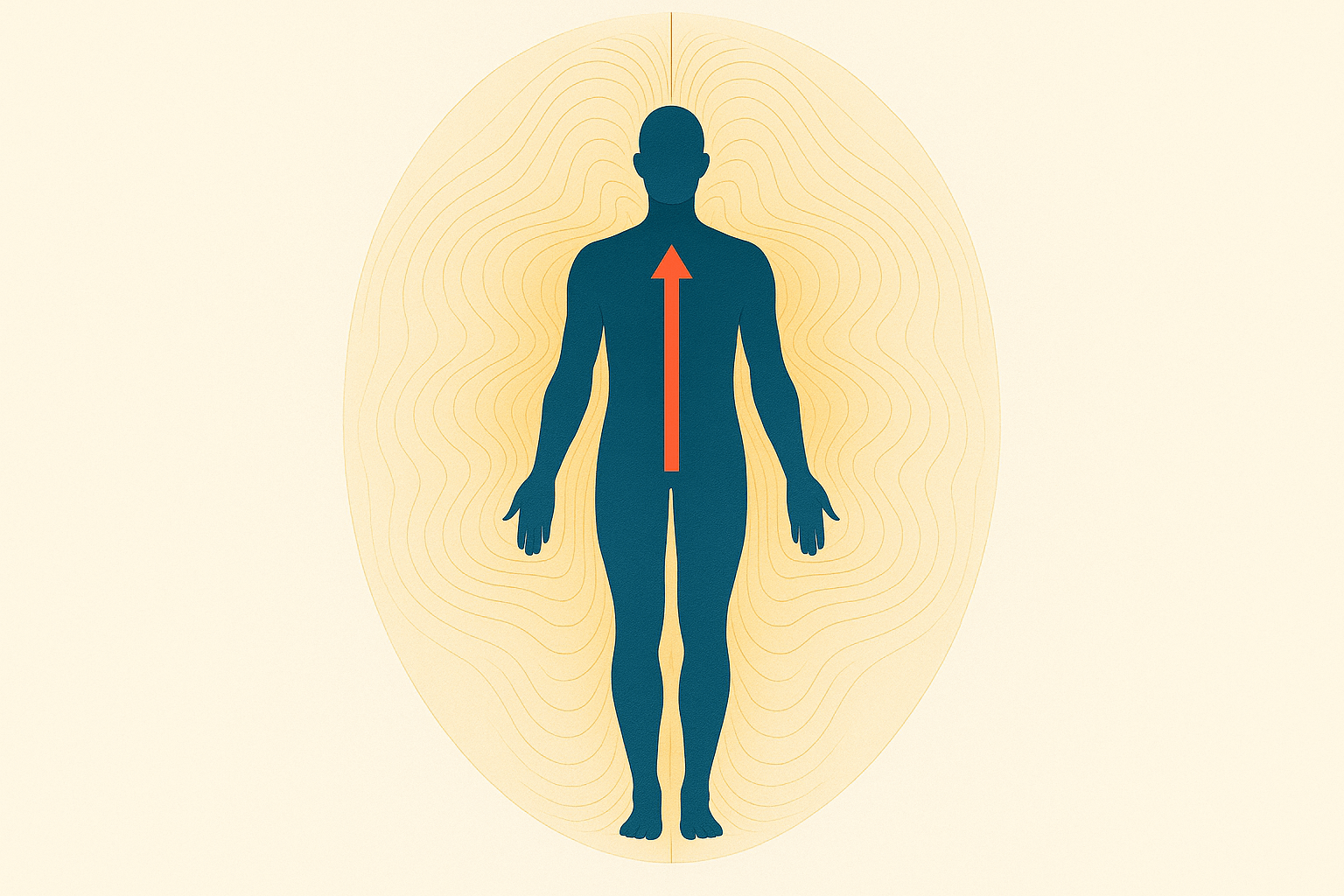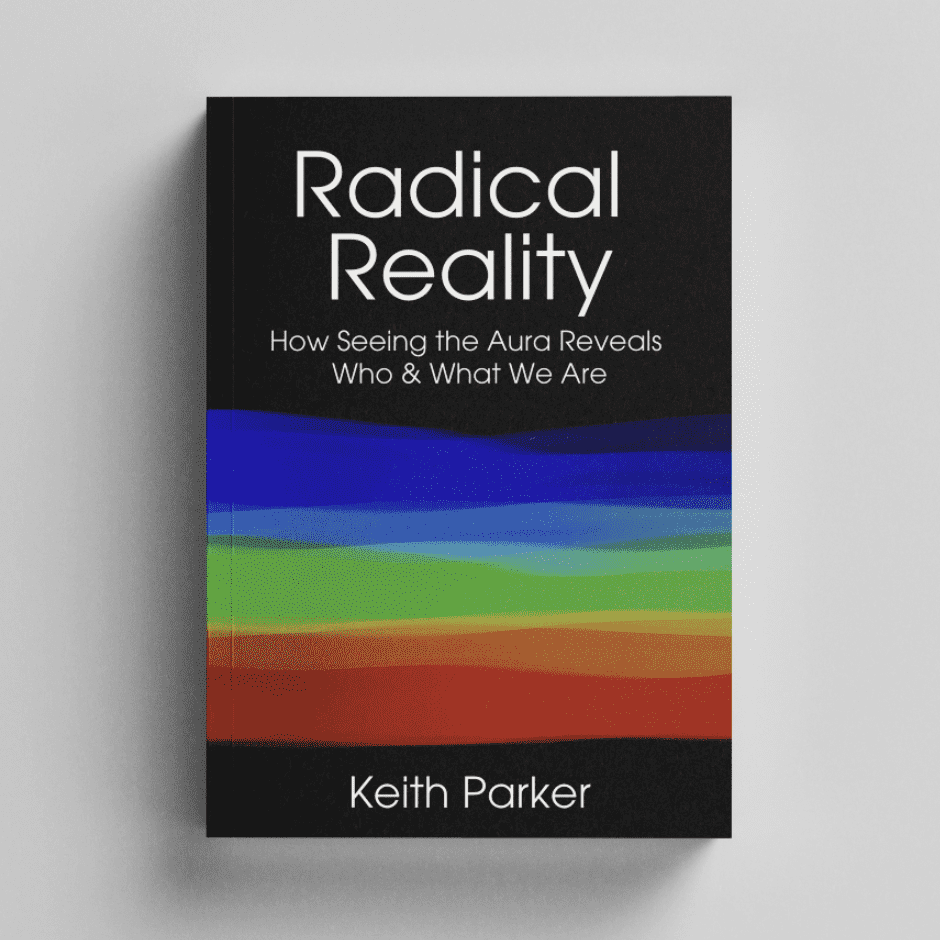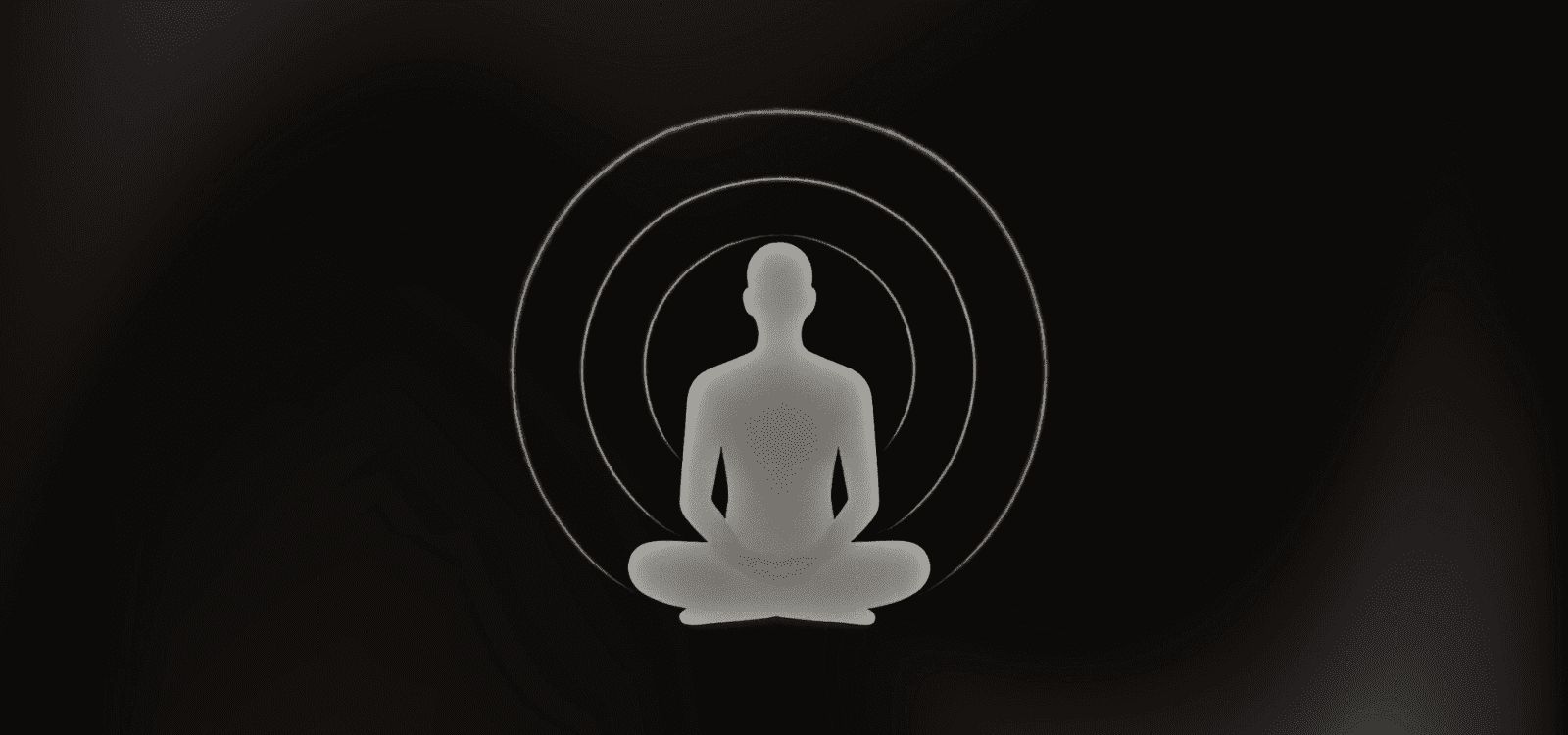Understanding Forgiveness as Spiritual Practice
Forgiveness prayer represents one of the most transformative yet misunderstood practices in spiritual development. Far from being a simple act of “letting bygones be bygones,” authentic forgiveness involves a profound shift in consciousness that liberates us from the energetic chains of resentment, anger, and victimhood that bind us to past pain and prevent us from living fully in the present moment.
The Buddhist approach to forgiveness meditation recognizes that holding onto anger and resentment creates what teachers call “second arrows”—additional suffering we inflict upon ourselves long after the original hurt has occurred. While we cannot always control the circumstances that cause us pain, we can choose our response to these experiences through the conscious cultivation of forgiveness and compassion.
Contemporary research in psychology and neuroscience validates what contemplative traditions have taught for millennia about the profound benefits of forgiveness practices. Studies demonstrate that people who regularly engage in forgiveness prayer and meditation show measurable improvements in emotional regulation, stress resilience, and overall psychological well-being. These benefits extend beyond mental health to include improved cardiovascular function, enhanced immune system response, and reduced inflammation markers.
Listen to A Prayer For Forgiveness Here
Essential Elements of Forgiveness Prayer Practice
Developing an authentic forgiveness prayer practice requires understanding several key principles that distinguish genuine letting go from superficial spiritual bypassing or premature forgiveness that hasn’t fully processed the depth of hurt and anger that may be present.
Forgiveness prayer works most effectively when approached with complete honesty about the depth of hurt, anger, or betrayal you may be carrying. Authentic forgiveness requires first acknowledging the full impact of whatever harm occurred, allowing yourself to feel the natural emotions that arise, and then making a conscious choice to release the energetic grip these experiences have on your heart and mind.
The Progressive Nature of Forgiveness
True forgiveness unfolds as a process rather than a single moment of decision. Begin with self-forgiveness, as our capacity to forgive others depends entirely upon our ability to extend compassion and understanding to our own mistakes, limitations, and imperfections. Offer yourself the same mercy you would give to a beloved friend facing similar circumstances.
Progress gradually to forgiving minor hurts and disappointments before attempting to release major betrayals or traumas. This progressive approach allows your heart to build the strength and capacity necessary for deeper forgiveness work. Remember that forgiveness doesn’t require condoning harmful behavior or eliminating appropriate boundaries—it simply means releasing the internal burden of resentment and anger that keeps you energetically connected to past pain.
Traditional Forgiveness Prayer Techniques
Buddhist forgiveness meditation often incorporates specific prayer formulas that help focus intention and create energetic shifts in consciousness. Begin by bringing to mind someone who has hurt you, starting with relatively minor grievances. Visualize this person and silently offer phrases such as: “May you be free from suffering. May you find peace. May you be happy.” Try our free guided metta loving-kindness practice here.
Notice any resistance that arises and meet it with compassion rather than force. Authentic forgiveness cannot be rushed or imposed through willpower alone. If offering loving wishes feels impossible, begin with neutral phrases like “May you be free from the causes of harmful actions” or simply “May you find healing.” Often, recognizing that harmful behavior stems from that person’s own pain and confusion can help soften the heart toward genuine forgiveness.
Integrating Forgiveness into Daily Life
The ultimate purpose of forgiveness prayer extends far beyond formal meditation sessions to maintaining an open, compassionate heart even in the face of ongoing challenges and interpersonal difficulties.
Practice offering silent forgiveness prayers for small daily annoyances—the driver who cuts you off, the cashier who seems rude, the family member who triggers your impatience. These micro-practices strengthen your forgiveness muscles and prevent the accumulation of resentment that can harden into chronic anger and bitterness.
When facing current conflicts or challenging relationships, remember the forgiveness you’ve cultivated in prayer and see if you can maintain at least a small space of compassion even amid disagreement or hurt. This doesn’t mean becoming passive or avoiding necessary confrontation, but rather approaching difficulties from a foundation of fundamental goodwill rather than defensive reactivity.
Regular forgiveness prayer practice creates profound positive changes that extend far beyond personal healing to influence families, communities, and collective consciousness. Research shows that people who practice forgiveness become more generous, empathetic, and socially connected while experiencing improved relationships and reduced conflict in their daily interactions.
Overcoming Resistance and Common Challenges
Every practitioner of forgiveness prayer encounters predictable obstacles that can be met with patience and skillful approaches. Recognizing these challenges as normal aspects of the healing process helps maintain motivation and supports continued growth in compassion and letting go.
The belief that forgiveness means condoning harmful behavior represents one of the most common misunderstandings. Remember that true forgiveness involves releasing your own internal burden of resentment while maintaining appropriate boundaries and accountability. You can forgive someone while still protecting yourself from future harm and supporting natural consequences for harmful actions.
Fear of vulnerability often arises as practitioners worry that forgiveness makes them weak or naive. Authentic forgiveness actually requires tremendous courage and strength, as it involves consciously choosing love over fear, compassion over revenge, and peace over the familiar comfort of righteous anger. True forgiveness empowers rather than weakens, as it frees your energy for creative and life-affirming purposes.
Continue your journey with Field Dynamics. Explore trainings, healing sessions, and other free resources like our podcast, The Future of Wellness.
Our mission is to establish energy healing as a universal and accessible path for growth, healing, and awakening. We help people reconnect to their inner resources, realize their potential, and step into greater clarity and wholeness. Learn more about Field Dynamics.
FAQ
Questions About Forgiveness Prayer
Forgiveness and trust represent two completely different processes. You can completely forgive someone while maintaining appropriate boundaries, ending unhealthy relationships, or requiring significant behavioral changes before rebuilding trust. Forgiveness frees you from carrying the burden of past hurt; it doesn’t obligate you to expose yourself to continued harm.
Recurring anger and hurt are completely normal aspects of the forgiveness process, especially with significant betrayals or traumas. Forgiveness often unfolds in layers, with deeper levels of pain surfacing as you’re ready to heal them. Each time difficult emotions arise, treat them as opportunities to deepen your forgiveness practice rather than evidence of failure.
Authentic forgiveness doesn’t require the other person’s acknowledgment, apology, or changed behavior. This practice serves your own healing and freedom rather than depending on external factors you cannot control. Begin by recognizing that forgiveness works for your benefit—releasing you from the weight of chronic resentment.
Premature forgiveness can potentially prevent genuine healing by suppressing natural emotions that need acknowledgment and processing. Healthy forgiveness includes fully feeling and honoring your anger, hurt, and grief before choosing to release these emotions. True forgiveness that includes complete emotional processing tends to be more stable and authentic than rushed attempts to “move on” quickly.










